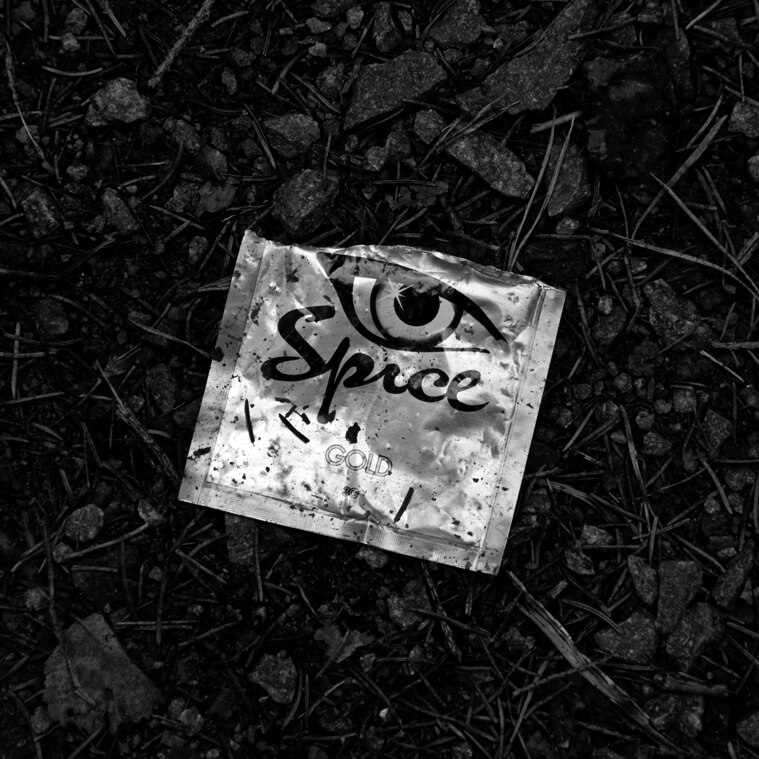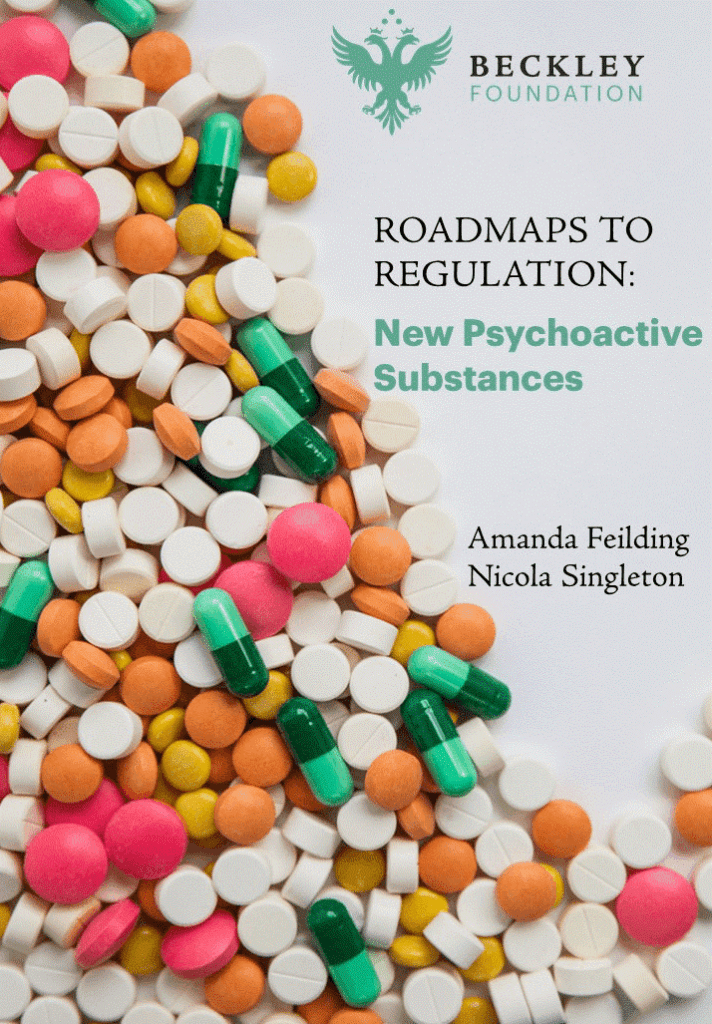
A Response to the Government Review of the Blindly Misinformed Psychoactive Substances Act
The Home Office in the UK has just published a 30-month review of the 2016 Psychoactive Substances Act, the legislation which makes it illegal to produce, supply, import or export any psychoactive substances not explicitly mentioned in the Misuse of Drugs Act. The Psychoactive Substances Act is beset with a host of problems, which we, and many others, drew attention to at the time – concerns which fell on deaf ears nonetheless. What was presented by commentators as a saving grace of the 2016 Act – that, unlike the Misuse of Drugs Act, it does not criminalise personal possession – is nonetheless a mixed blessing at best. While theoretically an advantage, and in line with our wider calls for decriminalisation, the partial decriminalisation of illicit drugs amounts to a confusing and misleading message to the public. All psychoactive substances in the UK now fall into one of three categories: legal and regulated, like alcohol and tobacco; illegal but with no penalty for possession, like the New Psychoactive Substances; and illegal and criminalised, like cannabis, MDMA, and psilocybin mushrooms. And yet the category a drug is placed in bears absolutely no relation to the magnitude of harms to user and society that are associated with it.
Protecting public health should be the principal aim of drug policy. And by these standards, the Psychoactive Substances Act has been an abject failure, as we predicted three years ago when the legislation was first tabled. As the review states, the rate of use of New Psychoactive Substances among children has not changed in the wake of the Act. But now, children will go into secluded alleyways, or into drug dealers’ cars, to access these substances. The groups that have seen decreases in the use of, and deaths from, NPS, have witnessed an accompanying growth in the market for, and a sharp rise in the harms from, more traditional illicit drugs. As so often with prohibitionist legislation, the Act has not dampened the market for drugs – it has merely displaced it, as the urge to alter consciousness remains.

Prevalence of synthetic cannabinoids in the UK’s prisons has grown steeply
There are undoubtedly harms associated with the New Psychoactive Substances, but this is reason to regulate them, introducing government oversight to their production and sales – not a reason to ban them outright. The ban has not stopped the emergence of new drugs, as had been promised: 51 new substances were detected last year. But the ban has succeeded in cultivating a criminal market, a situation which no one should present as a success. Without a much-needed, evidence-based reform to legislation, continued prohibition increases the harms for both drug users and for wider society, with disastrous consequences for public health, terrible costs to the public purse, while gifting a lucrative market to criminal gangs, who are willing to defend their economic interests with serious violence.
According to the EMCDDA, 51 novel substances were detected in circulation in the last year
Frustratingly, important research like that I undertake through the Beckley Foundation is being stymied by the continuation of a prohibitionist approach to drug policy, which has been a disastrous failure since its inception half a century ago, and which will, because it refuses to engage with the scientific evidence, continue to fail. The Psychoactive Substances Act is just the newest iteration of this approach, and, demonstrably, has no more chance of reducing the harms associated with drugs than its forebears. Far better for Westminster to look to Portugal. After decriminalising personal possession in 2001, alongside a range of other measures refocusing drug use as a health issue, there was no increase in drug use, drug-related acquisitive crime, or ‘drug tourism’, as the critics predicted. But Portugal now enjoys one of the lowest rates of drug related harms in Europe. Better yet, our lawmakers should read the first report in our Roadmaps to Regulation series, which explicitly demonstrates how a system of regulated and licensed sale of NPS can limit the harms associated with their use.
The prohibition of a wider scope of drugs, thanks to the 2016 Psychoactive Substance Act has, despite a superficial success of closing some store fronts selling NPS, only increased the use of the black market, which is, by definition, totally beyond the oversight and quality control that reduce the risks associated with regulated drugs such as alcohol and tobacco. With the Beckley Foundation, I will continue to strive towards expanding our understanding of psychoactive drugs, their mechanisms of action, the risks associated with their use and also the benefits we might derive from them. But this can only be successful if review of past policy is undertaken with informed research findings. The government has done us all an extreme disservice by not considering evidence-based research in their most recent review of the country’s drug policy.
Amanda Feilding
Podcast
- All
Links
- All
Support
- All
BIPRP
- All
Science Talk
- All
Amanda's Talks
- All
- Video Talk
- Featured
- 2016 Onwards
- 2011-2015
- 2010 and Earlier
- Science Talk
- Policy Talk
One-pager
- All
Music
- All
Amanda Feilding
- All
Events
- All
Highlights
- All
Psilocybin for Depression
- All
Current
- All
Category
- All
- Science
- Policy
- Culture
Substance/Method
- All
- Opiates
- Novel Psychoactive Substances
- Meditation
- Trepanation
- LSD
- Psilocybin
- Cannabis/cannabinoids
- Ayahuasca/DMT
- Coca/Cocaine
- MDMA
Collaboration
- All
- Beckley/Brazil Research Programme
- Beckley/Maastricht Research Programme
- Exeter University
- ICEERS
- Beckley/Sant Pau Research Programme
- University College London
- New York University
- Cardiff University
- Madrid Computense University
- Ethnobotanicals Research Programme
- Freiburg University
- Medical Office for Psychiatry and Psychotherapy, Solothurn
- Beckley/Sechenov Institute Research programme
- Hannover Medical School
- Beckley/Imperial Research Programme
- King's College London
- Johns Hopkins University
Clinical Application
- All
- Depression
- Addictions
- Anxiety
- Psychosis
- PTSD
- Cancer
- Cluster Headaches
Policy Focus
- All
- Policy Reports
- Advisory Work
- Seminar Series
- Advocacy/Campaigns
Type of publication
- All
- Original research
- Report
- Review
- Opinion/Correspondence
- Book
- Book chapter
- Conference abstract
- Petition/campaign
Search type

